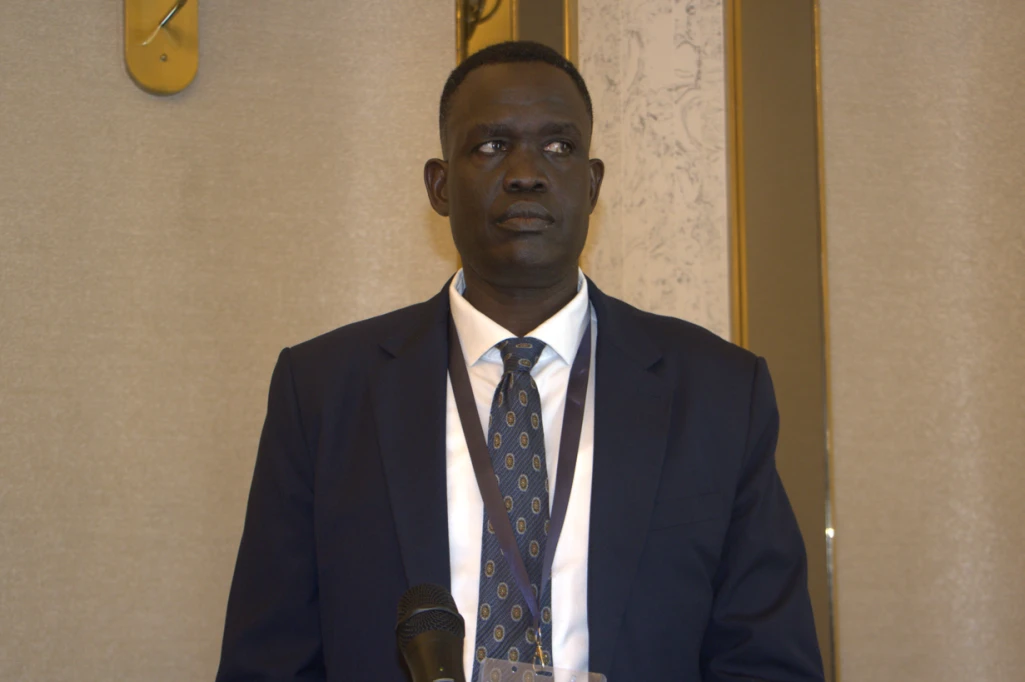
The opposition groups engaged in negotiations with the
government under the Kenyan-mediated Tumaini Initiative in Nairobi have
asserted that the Tumaini consensus cannot be incorporated into the Revitalized
Agreement for the Resolution of Conflict in South Sudan (R-ARCSS), contrary to
the government's proposal.
Dr. Martin Elia Lomuro, spokesperson for the government
delegation, stated on Tuesday that the government’s position is to annex the
Tumaini consensus to the R-ARCSS and integrate the opposition into the existing
structures and implementation mechanisms of the agreement.
However, Lual Dau, spokesperson for the opposition under the
United People Alliance, said after meeting with the mediation team on Wednesday
for consultations in preparation for presenting their position that they
reaffirmed their stance that the Tumaini consensus should be treated as a
separate agreement.
“We will be making our own presentation as UPA in the
plenary where we will also make it crystal clear that the Tumaini consensus
cannot and will not be signed and be annexed to the failed RSS,” Lual stated.
“Therefore, let it be known from today henceforth that the
Tumaini consensus will be a stand-alone agreement with its own clear
implementation mechanism as agreed in the initial protocols.”
The relationship between the Tumaini Initiative and the 2018
Revitalized Peace Agreement has been a source of contention between the
government and the opposition groups since the initiative was launched on May
9, 2024.
The initiative aims to achieve lasting peace in South Sudan
by bringing in the opposition parties that did not sign the 2018 peace
agreement.
However, two months after its launch, the talks stalled due
to divisions within the government delegation, following SPLM-IO's withdrawal,
which accused the mediation team of creating a parallel agreement to the
R-ARCSS. The peace talks resumed in December 2024 after the government unified
its position.
Despite the president's directive to conclude the talks
within December, the parties failed to reach an agreement. The discussions were
adjourned and rescheduled for January 6th due to a new deadlock over the
previously agreed-upon protocols.
But the government delegation was delayed and was unable to
arrive at the venue for the resumption of the talks on January 6, leading the
opposition and citizens to express concerns about the government's commitment
to the peace process.
The talks resumed on January 20, with the government
delegation raising new concerns over the opposition's decision to form a
military-organized alliance under the Tumaini Initiative.
But to Lual, the formation of the UPA aims to consolidate
the opposition's unity and pursue peace with a single, united voice.
“Nothing really has changed. We found out that we have
common purpose, a unity of purpose, which is to rescue our country and as a
result of that, we said instead of continuing to be called SSOMA and other
opposition groups, let us be known as United People's Alliance,” Lual
explained.
“The purpose of UPA has to be very clear to everyone: that we are here to intensify our search for peace by using all means possible.”